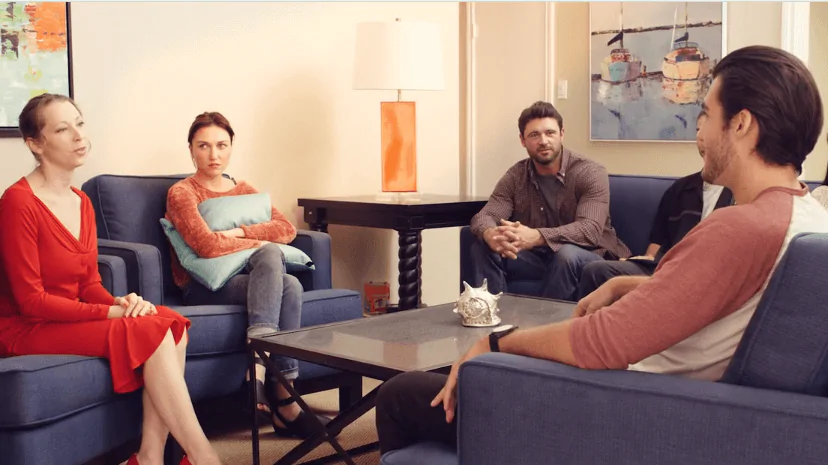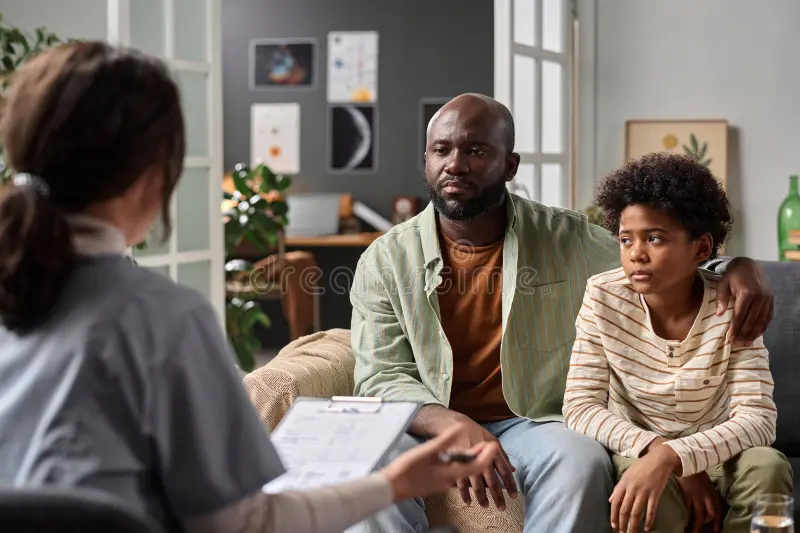24/7 Helpline:
(866) 899-111424/7 Helpline:
(866) 899-1114
Learn more about Bipolar Disorder Treatment centers in Palm Beach
Bipolar Disorder Treatment in Other Cities

Family First Adolescent Services
Family First Adolescent Services is a private rehab located in Palm Beach, Florida. Family First Ado...

Futures Recovery Healthcare
Futures Recovery Healthcare, located in Orlando, Florida, provides evidence-based alcohol and drug r...

Bradley Van Hoek Psychotherapy
Bradley Van Hoek Psychotherapy is a private rehab located in Palm Beach, Florida. Bradley Van Hoek P...

Q Health
Q Health provides expert behavioral healthcare to adolescents, adults, and older adults across the c...

The Recovery Village Palm Beach at Baptist Health – Outpatient
The Recovery Village Palm Beach at Baptist Health delivers comprehensive alcohol and drug rehab serv...



















Other Insurance Options

Evernorth

PHCS Network

Access to Recovery (ATR) Voucher

Optima

Absolute Total Care

Humana

EmblemHealth

Medical Mutual of Ohio

ComPsych

BlueCross

UMR

WellPoint

Health Net

Meritain

GEHA

Highmark

United Health Care

UnitedHealth Group

Ceridian

Providence